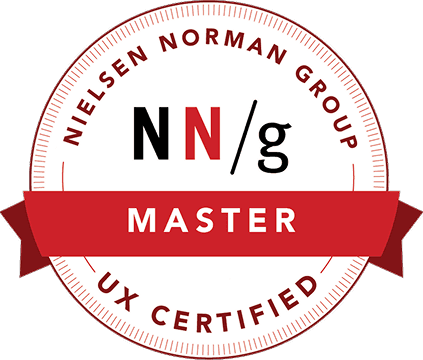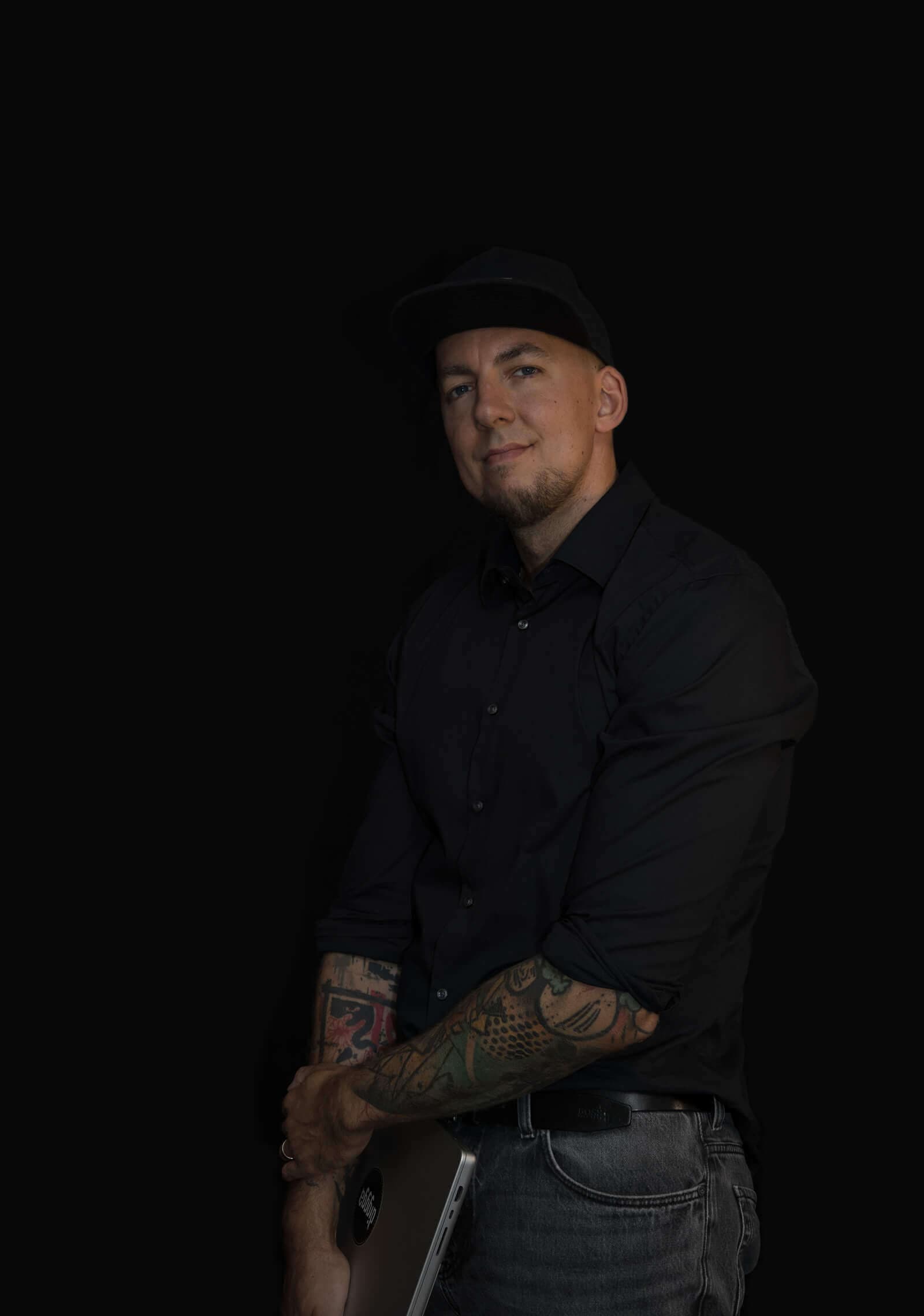UX Strategy
that merges UX- and business metrics to drive growth from startup to enterprise level.


Award Winning Design

UX Master

Scrum Master
Key Creator Identifiers
0+
Projects delivered
0
Selfhosted Websites
0
Startups founded
0
RAW photos in 2025
0
Books read in 2025
0
Documented daily ideas since 2019.
0
Countries visited in 2025
0
Years of continuous online presence
0
Daily habits
Design wit Attitude
Beginners mind.
Learn rules to break them.
Start where you are.
Get things done.
No fear to follow your passion.
Use what you have.
Don't die in perfection.
Create new ones.
Do what you can.
Don't develope shit.
Deep Pashion
Authenticity Builds Trust
UX Leadership
Leading means translating vision into reality by understanding every aspect of the business first. When I transform user insights into product roadmaps, it's because I inspire courage across teams to go beyond the status quo and believe in user-centered culture. My approach connects UX metrics to business KPIs through conversations that help entire organizations see how empathy drives enterprise strategy.
Agility For Scale
Entrepreneurship
Five founded companies plus Fortune 500 consulting taught me that great digital culture works at any scale. Whether architecting enterprise solutions for major corporations or launching startup marketplaces, I've built across every platform. This dual perspective—startup speed with enterprise depth—shapes how I approach any organisational transformation.
Designing Influence
Product Native
Great products emerge from obsessive attention to feedback channels and deep understanding of business and customer needs. The symbiosis of UX and business metrics creates powerful synergy—driving profit, revenue, and market capitalization. This alignment transforms every interaction into an opportunity to define, measure, and govern successful UX across organizations, building trusted brands that transform markets.
82 Customers


















Aloha 👋
I'm Stefan Heißenberg, crafting meaningful experiences for millions of users as Head of Experience Design at DHL.
With over 14 years across agencies like antwerpes and sunzinet, enterprises like Bayer and BIONTECH, startups like Saloodo!, and founding ventures like OnlyPN—working with 80+ clients total—I focus this experience on UX Strategy that cultivates sustainable user-centered cultures.
In cross-teams we discover what becomes possible when user empathy becomes embedded in natural decision-making. This approach creates real transformation through relationships and trust, driving both meaningful user outcomes and measurable business results that feel authentic.

